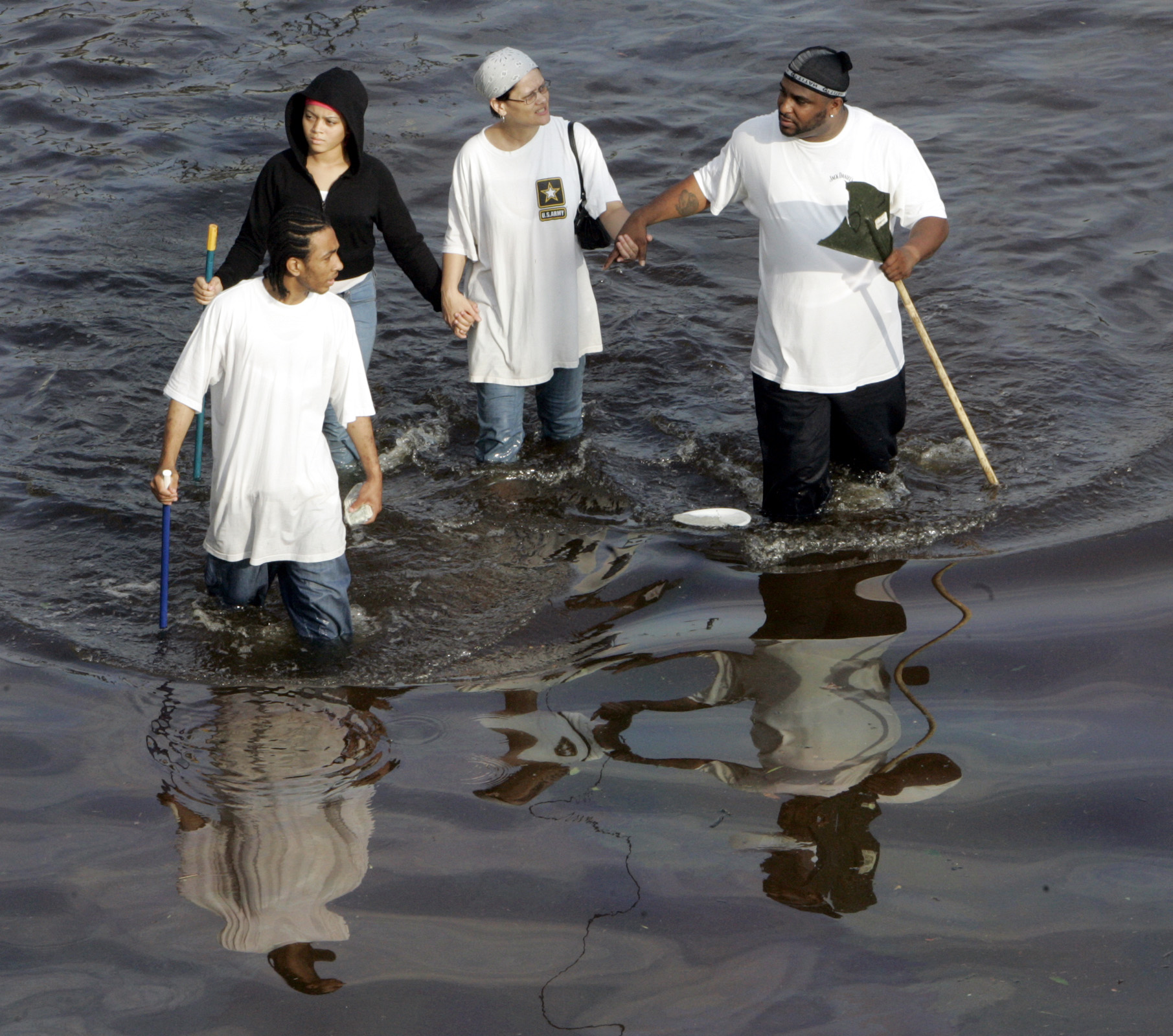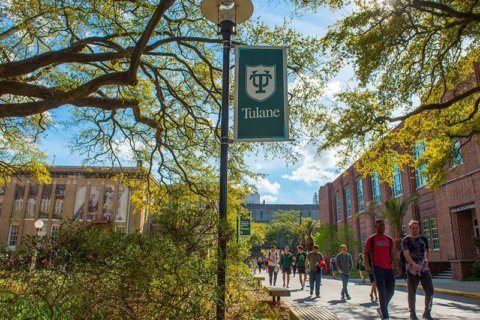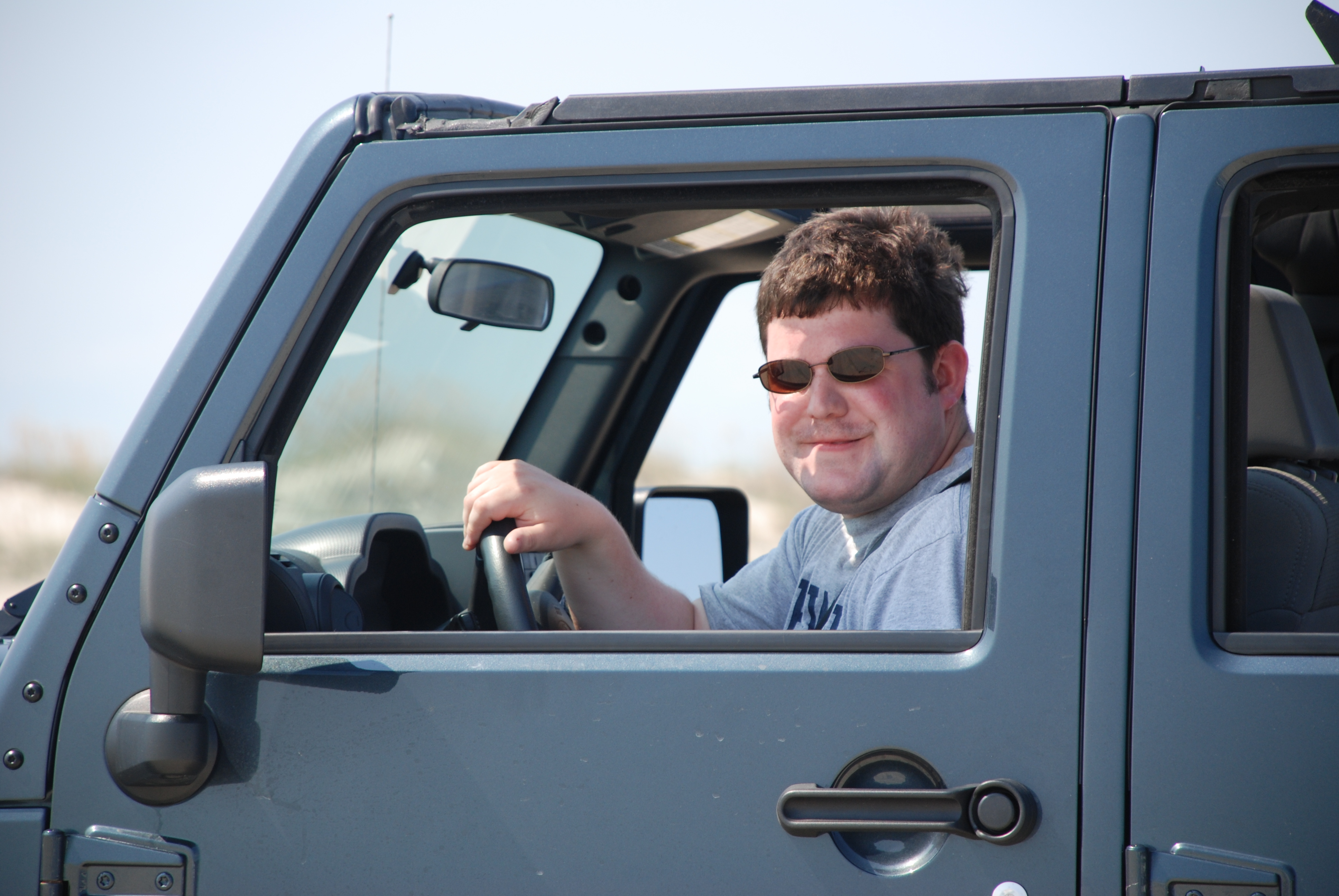WASHINGTON — Ten years ago, Hurricane Katrina ravaged the city of New Orleans. It destroyed neighborhoods and killed scores of people in its devastating wake.
A decade later, many of those communities sit undeveloped, or they’ve been redeveloped and are no longer affordable to lower-income residents.
As HBO “Treme” writer Jordan Hirsch explains, that’s taken a toll on the city’s second line parades, a brassy staple of the city’s musical tradition. Some of those musicians lived in the communities that were destroyed. They either never came back, or they moved to the suburbs after Katrina.
As a result, Hirsch said, there aren’t as many black people in the neighborhoods.
“What’s at risk are the neighborhood-based communities that made [the parades] happen,” Hirsch told WTOP on Thursday.
New Orleans leaders need to build more affordable housing and cut back regulations that limit when brass bands can play.
“I think what we haven’t effectively done yet, is reconcile our love for the culture with the needs of the people that make the culture,” Hirsch said. “It’s a huge challenge to take on, but it’s one that I wish we could confront more forcibly.”







